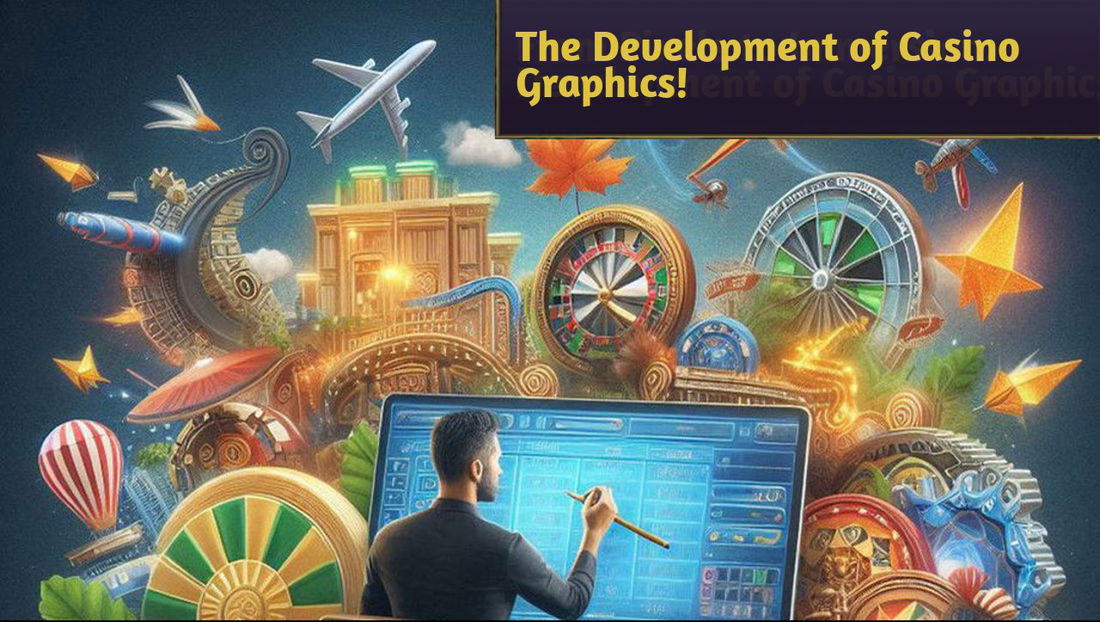Artificial intelligence (AI) powered assistants are among the most remarkable innovations in recent years. From smartphones to smart home devices, you can encounter these assistants in many places: they are always ready to help you. But do these AI-powered assistants make our lives easier, or are they trying to take our place? To answer this question, we need to take a deeper look at the impact of AI on our daily lives. Remember that technology can be fascinating and entertaining without artificial intelligence too: for an example of this, visit https://nv.casino/en.
What Do AI Assistants Do?
These are digital tools that are designed to perform specific tasks, learn, and sometimes even adapt to our personal preferences. We can say that applications such as Siri, Alexa, Google Assistant, and Cortana are among the most common examples. These assistants, which work with voice commands, can plan daily tasks, remind us of our appointments, keep us informed about the weather, and even manage other smart devices in our homes. In other words, the features they have and the services they offer are quite diverse.
For example, imagine waking up in the morning and having a helper who instantly answers when you ask ‘How is the weather today?’. It can also set reminders and warn you in advance to organize your work for the day. For busy living and working people, these features can be extremely valuable and make life much easier.
Simplify Your Daily Life
These helpers provide many advantages in terms of time management, access to information, and productivity. Especially in the business world, their ability to quickly handle processes such as meeting planning, e-mail management, and data analysis saves employees time allowing them to spend more time on creative and strategic thinking.
For home use, they work in integration with smart home systems, allowing homeowners to optimize energy consumption, control security systems, and manage household tasks more efficiently. For example, a user can switch on lights, adjust the temperature, or control security cameras with a single command.
Technologies That Increase Efficiency
AI-powered assistants lighten the workload of humans, while at the same time increasing their productivity. For example, while virtual helpers perform routine tasks, human employees can focus on more creative jobs. Therefore, business processes become faster and more efficient.
However, with the development of automation technologies, there are also concerns that some industries may experience labor shortages. It is possible to say that some professions are threatened by the proliferation of artificial intelligence, especially in manpower-based industries, such as call center services and customer support. At this point, discussions on whether these technologies will complement or replace the labor force arise.
Artificial Intelligence and Labour: A Threat?
As the use of these helpers in the workplace increases, the issue of whether they will replace humans has become a serious topic of discussion. Especially in routine and repetitive jobs, they can really reduce the need for human labor. However, it is an indisputable fact that these technologies also create opportunities for new and additional jobs.
In particular, additional job opportunities are emerging in areas such as data science, machine learning, and artificial intelligence development, while new professions such as programming and maintenance of AI-supported assistants also become available. In this context, it may be more accurate to talk about a ‘transformation’ that will reshape the labor dynamics, rather than the idea that artificial intelligence technologies will completely eliminate human labor.
Human-Machine Collaboration
The idea that these helpers can play a supportive role in the human workforce instead of posing a threat to them is also quite common. In particular, complex and creative jobs are areas where human intelligence is at the forefront, and it is not yet possible for artificial intelligence to replace humans in these areas. These assistants can easily take on a more supportive role too.
● For example, a doctor getting help from an artificial intelligence system while making a diagnosis can increase the accuracy of the result.
● A judge may ask artificial intelligence to scan and summarise similar cases before deciding on a particular case.
In these and similar examples, AI does not replace humans, as the final judgment will still rest with the human. In this context, these helpers are used in a complementary way rather than replacing humans completely. When combined with human abilities such as analytical thinking and creative problem solving, they can help achieve more efficient results in almost any industry.
What Awaits Us in the Future?
These assistants will become even more advanced with the development of technology. In the future, they are expected to not only perform information processing tasks but also incorporate emotional intelligence. This may lead to the emergence of more empathetic and human-centered technologies.
However, ethical issues that arise with the development of AI technologies should also be considered. Matters such as privacy, data security, and controllability of artificial intelligence will become increasingly important as they become widespread. Therefore, both technological and ethical issues will need to be addressed to determine the role of these assistants in our lives in the future.











— コメント 0
, 反応 1
最初にコメントする